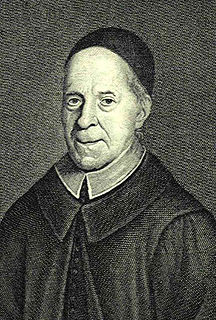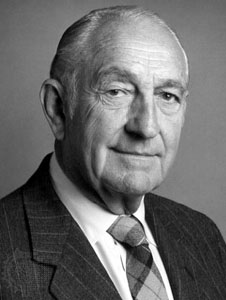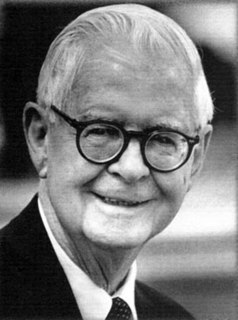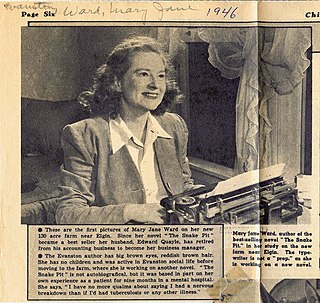A Quote by Pasquier Quesnel
A just person knows how to secure his own reputation without blemishing another's by exposing his faults.
Related Quotes
The power of magic has no known limits. A person knows, in a fair way, his own physical capacities, the weight of the blows he can deal, the furthest range of his arrows, the strength of his voice, the speed and endurance of his running; but the reaches of his mind are indefinite and, to his feeling, infinite.
Avoid openly trying to reform people. Every man knows he is imperfect, but he doesn't want someone else trying to correct his faults. If you want to improve a person, help him embrace a higher working goal-a standard, an ideal-and he will do his own 'making over' far more effectively than you can do it for him.
He who is himself crossed in love is able from time to time to master his passion, for he is not the creature but the creator of his own misery; and if a lover is unable to control his passion, he at least knows that he is himself to blame for his sufferings. But he who is loved without reciprocating that love is lost beyond redemption, for it is not in his power to set a limit to that other's passion, to keep it within bounds, and the strongest will is reduced to impotence in the face of another's desire.
When we try to describe one person to another …, what do we say? Not usually how or what that person ate, rarely what he wore, only occasionally how he managed his job—no, what we tell is what he said and, if we are good mimics, how he said it. We apparently consider a person's spoken words the true essence of his being.
The translator ... Peculiar outcast, ghost in the world of literature, recreating in another form something already created, creating and not creating, writing words that are his own and not his own, writing a work not original to him, composing with utmost pains and without recognition of his pains or the fact that the composition really is his own.
I think we have to face right in the center of the hurricane, if you will, Martin Luther King, Jr.'s foibles and faults. I think that we do no good to ourselves and do no honor to him by pretending that he did not fail, that he did not wrestle greatly and, at times, surrender to his own sins and his own faults and failures.
To be fond of learning is to draw close to wisdom. To practice with vigor is to draw close to benevolence. To know the sense of shame is to draw close to courage. He who knows these three things knows how to cultivate his own character. Knowing how to cultivate his own character, he knows how to govern other men. Knowing how to govern other men, he knows how to govern the world, its states, and its families.






































